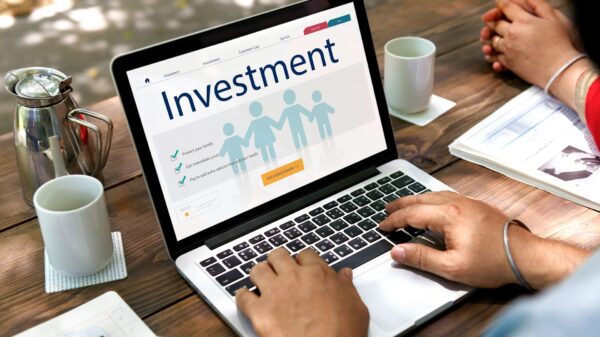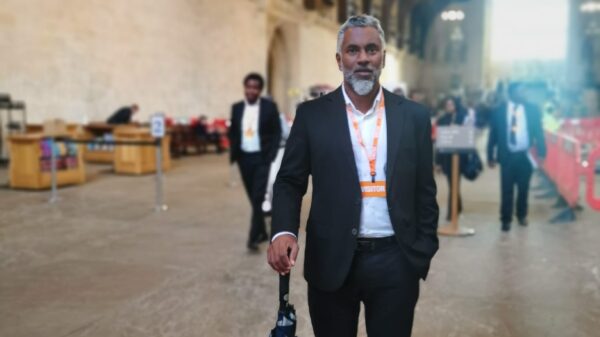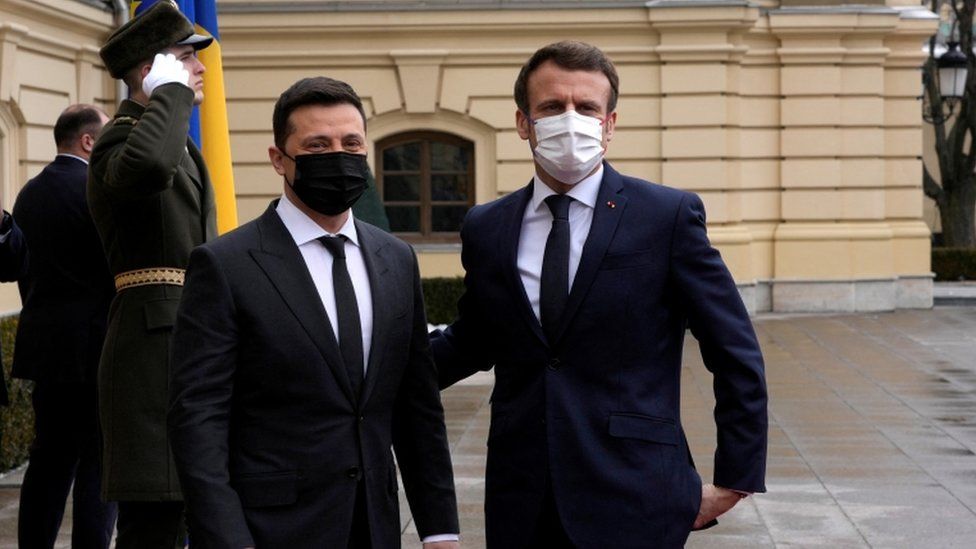French President Emmanuel Macron has told reporters that President Vladimir Putin assured him that Russian forces would not ramp up the crisis near Ukraine’s borders.
“I secured an assurance there would be no deterioration or escalation,” he said before meeting Ukraine’s leader.
However, Russia said any suggestion of a guarantee was “not right”.
Russia has denied any plans to invade Ukraine, but it has assembled more than 100,000 troops near its borders.
US officials believe Russia has assembled 70% of military forces needed for a full-scale invasion.
President Macron arrived in the Ukrainian capital, Kyiv, on Tuesday after almost six hours of talks with Mr Putin. He said after Monday’s meeting that the coming days would be “decisive” and there would have to be “intensive discussions which we will pursue together”.
Mr Putin hinted progress had been made and that some of Mr Macron’s proposals “could form the basis of further joint steps”, although they were “probably still too early to talk about”.
A source at the Elysée Palace in Paris said that a broader dialogue would be initiated, focusing on Russia’s military units and future talks both with Ukraine and on strategic issues involving “collective security”.
The source also said that the two leaders had agreed that Russia would pull troops out of Belarus at the end of exercises taking place near Ukraine’s northern borders. However, Kremlin spokesman Dmitry Peskov said no such undertaking had been given, although the troops were expected to return to Russia at some point.

Ukrainian Foreign Minister Dmytro Kuleba reiterated that Kyiv would not “cross our red lines and no-one will be able to force us to cross them”.
Frantic diplomacy
President Macron’s diplomatic push will later move to Berlin where he will meet the German chancellor, Olaf Scholz, and Polish President Andrzej Duda.
President Joe Biden met the German leader in Washington on Monday and threatened to shut down a key Russian gas pipeline to Germany if Moscow invaded Ukraine.
UK Prime Minister Boris Johnson has also indicated his support for sanctions. Writing in The Times newspaper on Tuesday, he added that the UK was considering deploying Royal Air Force fighters and Royal Navy warships “to protect south-eastern Europe”.
Western countries have already rejected a number of Moscow’s demands, including that the Nato defence alliance rule out Ukraine becoming a member, and that it reduce its military presence in eastern Europe.
They have instead suggested other areas of negotiation, for example talks on cutting back nuclear weaponry.
The tensions between Russia and the West were laid bare during Mr Putin’s news conference with the French president when the Russian leader warned of what might happen if Ukraine joined Nato and sucked Europe into a major conflict.
“Do you want France to fight with Russia?” he asked French reporters. “That’s what will happen. And there will be no winners.”

This video can not be played
To play this video you need to enable JavaScript in your browser.

Olaf Scholz – on his first trip to Washington since becoming chancellor and facing criticism for his response to the Ukraine crisis – added that the US and Germany were “absolutely united” on sanctions against Russia should it invade Ukraine, saying “we will do the same steps and they will be very, very hard to Russia”.
However, he was more ambiguous about Nord Stream 2 than US President Biden, who said the US “will bring an end” to the controversial pipeline – which will double Moscow’s gas exports to Germany – “if Russia invades”.
Mr Biden did not give specifics, responding to a question about how he would do this by saying: “I promise you we will be able to do it.”
The 1,225km (760-mile) Nord Stream 2 pipeline took five years to build and cost $11bn (£8bn), but as yet has not started operating, after regulators said in November it does not comply with German law and suspended its approval.


























